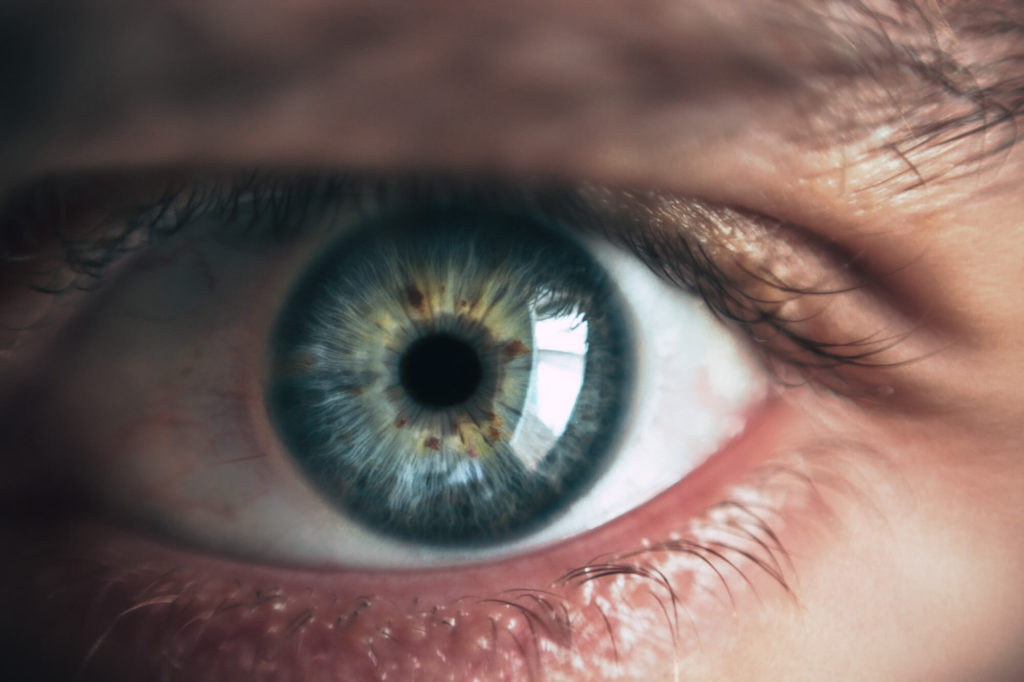We already know the importance of drinking water for our overall health and wellness. Many important figures ranging from health experts to Michelle Obama have stressed the importance of increasing your water intake. But did you know that keeping your body hydrated not only benefits it as a whole but also helps your eyes?
Your eyes can only operate properly if they have ample of fluid to keep them hydrated. When you fail to give them the much-needed supply of water, they may have a hard time doing something as easy as blinking. In absence of moisture, your eyes feel stress and become a severe source of discomfort.
Dehydration and Eye Problems
Dehydration makes it difficult for your eyes to produce tears that they need to stay lubricated. When this happens, eye strain, dry eyes, and vision issues can spring up. It is pretty normal for dust, dirt, and other debris present in the air to sneak into your eyes, but if there is a decrease in tear production, there will be nothing to wipe out the foreign particles out. This will leave your eyes feeling itchy and irritated, and probably cause blurred vision and even infections.
Avoiding Dehydration
To make sure that eyes stay healthy along with the rest of your body, you should avoid dehydration as much as you can. Staying properly hydrated requires you to consume plenty of water every day. The daily recommended intake is 3.7 litres of water for men or 2.7 litres for women, but depending on your activity level it may be advisable to have even more than that. Another thing to keep in mind is to minimize your alcohol and caffeine intake and only drink water when thirsty. Always keep bottled water with you when you plan on spending the day outdoors, or when you are indulging in physical activities.
In addition to keeping your body hydrated, there are also other things you can do to keep your vision and eyes healthy. The first of which is to ensure that you stay on top of getting your eyes checked professionally on a regular basis.
The next step is to consume a well-balanced diet that comprises of eye-healthy foods like carrots, kale, sweet potatoes, and bell peppers, along with many others. Eating these foods can help protect your eyes against diseases like cataracts, macular degeneration, and glaucoma, and maintain the strength of your vision. You can also opt to take multivitamins that will supplement the nutrients that you should be receiving from your diet.
Individuals who are at a risk of eye issues include those who have family history of eye disorders like macular degeneration or glaucoma, diabetic people, as well as those who wear contact lenses, work in places that can be compromising to the health of their eyes, people who take non-prescription or prescription drugs that can lead to ocular side effects, who have had surgery, or have other health problems that can result in eye issues.




